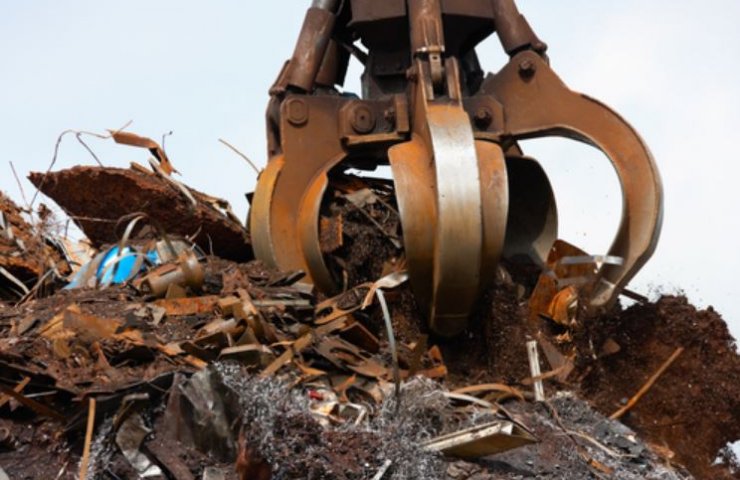The Eurofer Association of European Steel Producers stressed the importance for Europe of limiting the export of ferrous scrap to countries that do not meet the same environmental standards as Europe, CEO of the European Steel Association Axel Eggert said in an interview with S&P Global Platts. >
In particular, the director of Eurofer said that the European Union “should avoid exporting scrap to enterprises that do this, not complying with EU environmental standards, and we ask the European Commission to make such a proposal.”
He also stressed that the role of steel recycling in Europe will become even more important as steel producers in the EU seek decarbonization.
Scrap is the main raw material used to make steel in an electric arc furnace (EAF). Slightly over 40% of steel in the EU is produced in EAF, and the remainder is produced in the more carbon-intensive Blast Furnace /Oxygen Furnace (BF /BOF) configuration.
In order to reduce carbon dioxide emissions and move towards a circular economy in Europe, it is expected that some of the steel furnaces and converters will be converted to EAF production, making scrap even more important for smelters.
“Eurofer does not want an export ban, but simply wants the country of origin of the scrap to be shipped to meet the same criteria of destination countries as in the Basil Convention,” added Eggert. The Basileia Convention is an international treaty that was designed to reduce the movement of hazardous waste between countries.
Europe 27 (excluding the UK) exported 17.5 million metric tons of ferrous scrap to third countries last year, while only 4.1 million metric tons were imported from third countries. Turkey, Egypt, Pakistan, India and the United States are among the top five countries exporting scrap metal from the 27 EU countries.
Temporary export bans worldwide
Several countries have introduced temporary bans for the export of ferrous scrap in 2020 amid concerns over the supply of raw materials to domestic steelmakers in the early months of the coronavirus pandemic, when scrap collection slowed amid global isolation restrictions.
The UAE introduced such a measure in May 2020 for a four-month period, and in September extended the ban for another four months. South Africa has banned the export of scrap metal for a two-month period from July 3.
Russia increased the export duty on ferrous scrap on January 30, 2021 to a minimum level of EUR 45 per tonne, up from a minimum level of EUR 5 per tonne for six months.
Ukraine introduced protective duties on the export of ferrous scrap in 2019 and today in the Verkhovna Rada registered a bill that provides for the extension of the export duty on scrap metal in the amount of 58.0 euros per tonne for another 5 years.




